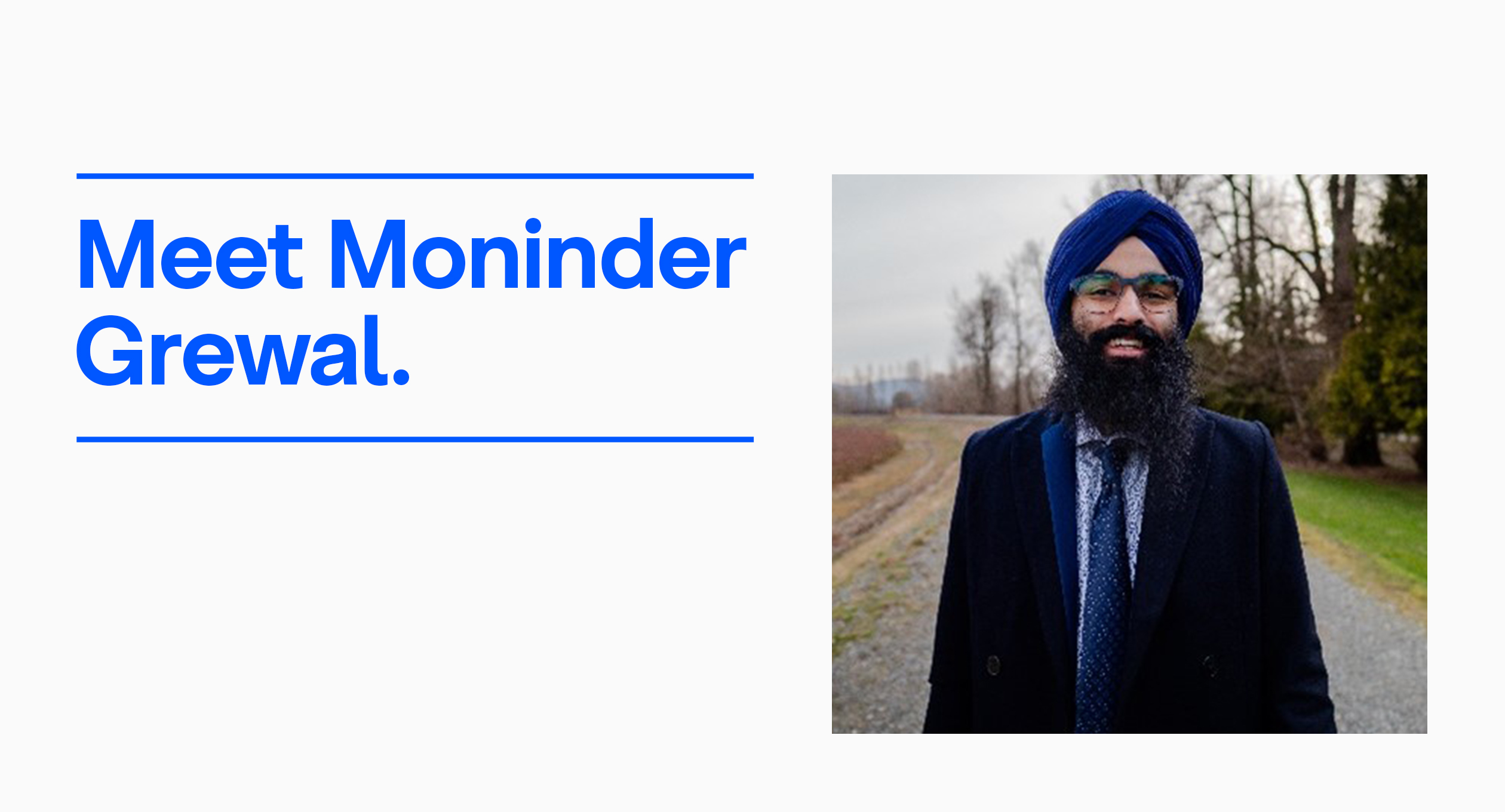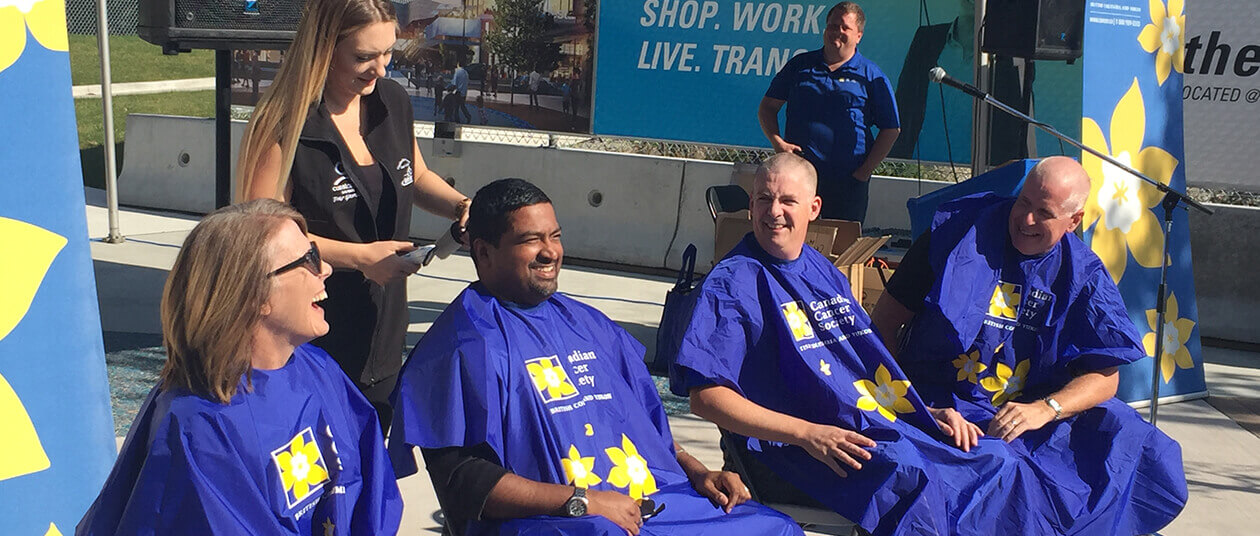October is National Disability Employment Awareness Month, an opportunity for Coast Capital to champion equal opportunities for people of all abilities. When viewed through the lens of inclusion, employment provides Canadians with an opportunity for economic security and a sense of fulfillment and purpose. Yet, the employment rate for adults with disabilities is three in five (59%) persons compared to four in five (80%) of those without disabilities.* This is often due to misconceptions around people with disabilities and workplace inequity. We want to help change this.
Each week in October, we’ll profile a member of the Coast team to highlight their strengths and create awareness of their experience working at Coast Capital. This week, meet Moninder Grewal.
*From Statistics Canada Canadian Survey on Disability Reports from 2017.
Meet Moninder Grewal, Member Services Representative.
What do you love about your job?
I love helping members and giving back to the community. I love working for Coast as its values align with my goals to build better futures for the community. It feels like I am making a difference by helping members and providing them with support in their good times and in times of financial stress. I have a great group of supporters at the branch, and I feel part of a big family.
How has Coast supported you to build your better future?
By working at Coast while being person with a learning disability, this job has provided me with the motivation and confidence that anything is possible if I work hard towards it. By having the right tools and resources, which Coast has available, anyone can be a part of this organization. I want to make sure my story motivates others that they can work in any job, despite the way they look or any disability they might have.
What barriers have you faced as a person with a disability in the workforce?
With my disability, it’s difficult for me to focus on all the aspects of my day-to-day tasks as there are many things going on each day. To make sure I am on top of it, my managers and I have had conversations regarding accessibility and accommodation. These conversations were needed to help us understand each other and come up with solutions to assist me and my disability.
What do you wish more people knew about your disability?
I wish more people would understand that it is not in my control the way I react, and I hate being treated differently. It’s difficult for me to be open about my disability as I feel people change around me once they realize I am different. I was bullied in high school for my disability, and for me to be here, means a lot.
***************
Coast Capital takes a person-first approach to disability. We understand that disability is complex. It reflects an interaction between the person and the society in which they live. Physical and non-physical workplace barriers can limit an individual’s full and equal participation.
A disability can occur at any time in a person’s life. Some people are born with a disability while others develop a disability later in life. It can be permanent, temporary, or episodic. Disability can steadily worsen, remain the same, or improve. It can be very mild to very severe.
Coast Capital’s definition of disability builds upon how disability is defined in the Accessible Canada Act. It demonstrates that disabilities are socially constructed. Disabilities emerge from the relationship between the individual and society. At Coast Capital, this definition reminds us that it is our responsibility to remove barriers for persons with disabilities because barriers are created and reinforced by the ways we think and act as a society.



